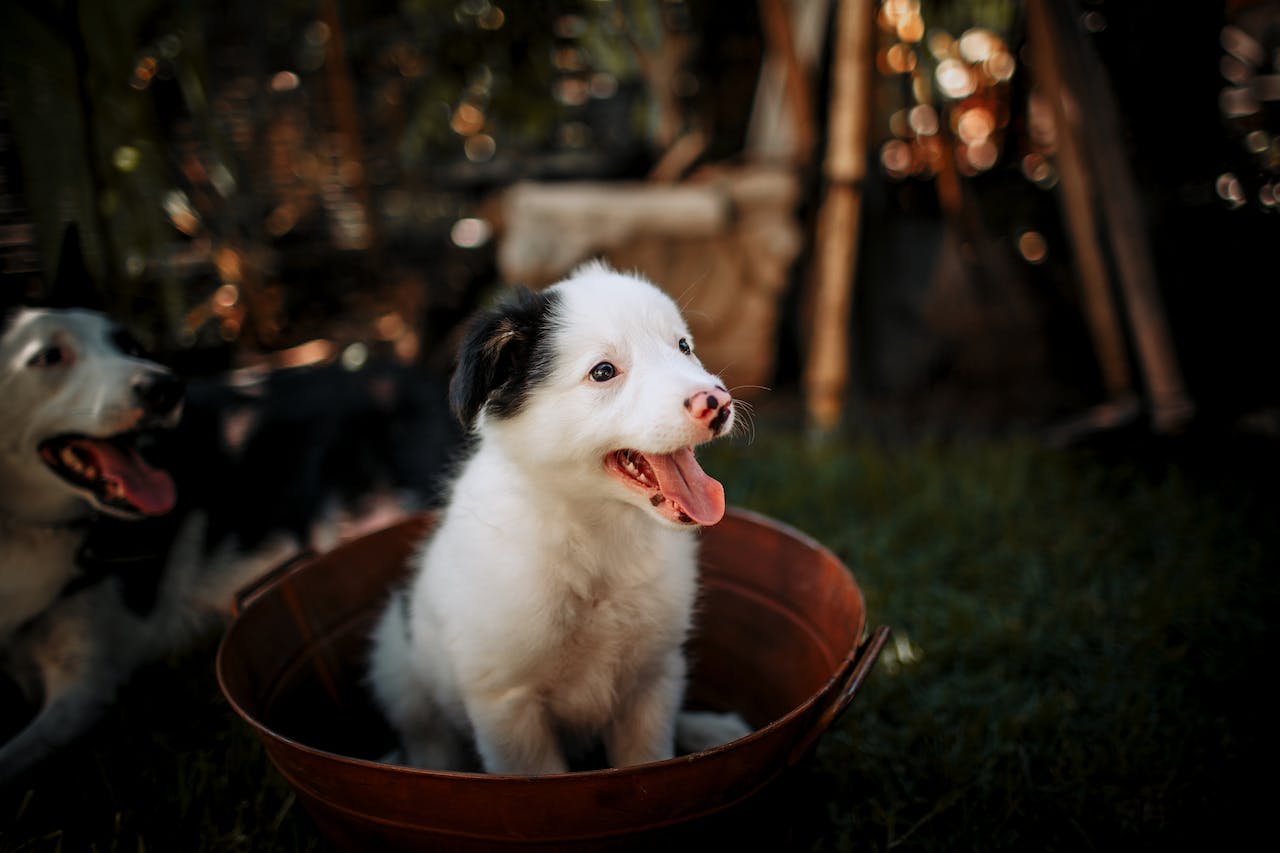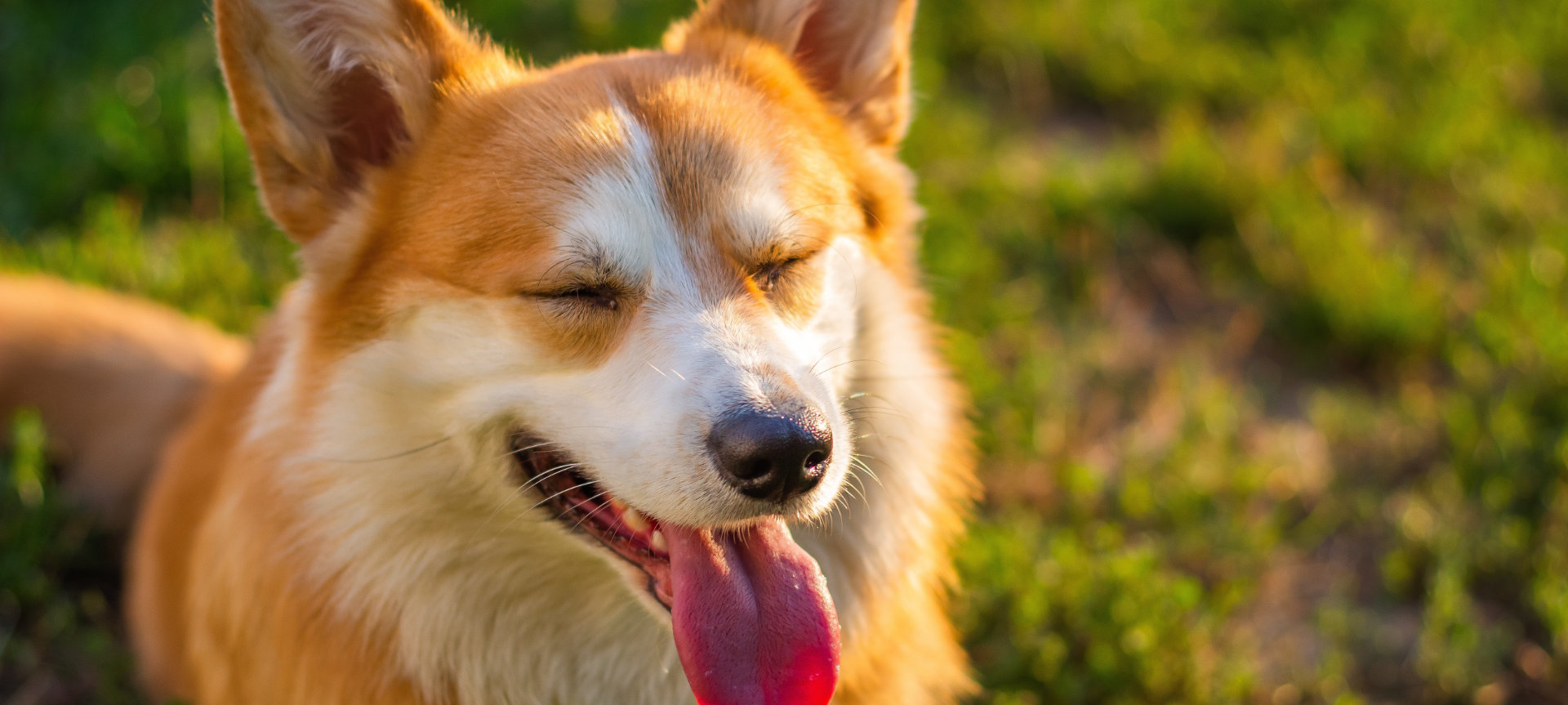
03 Nov Is It Normal for My Dog to Still Have Puppy Teeth?
Puppies, those adorable bundles of joy, bring immense happiness to our lives, even when they temporarily turn into playful little terrors with their sharp “shark teeth.” But what about when those puppy teeth don’t fall out on schedule? Is it normal for my dog to still have puppy teeth?
How Many Teeth Do Puppies Have?
First, let’s consider what a typical puppy’s mouth looks like. In their first set of teeth, puppies have a total of 28 teeth, assuming they haven’t missed any primary or puppy teeth. This set includes 4 canines and 12 premolar teeth (6 on each side/jaw) positioned just behind the canines, with the remaining 12 teeth making up the incisors located at the front of both the upper and lower jaws.
It’s important to note that if a puppy is missing one of these teeth, the adult counterpart will never appear either. While this occurrence isn’t uncommon, any missing teeth should be examined for potential underlying issues beneath the gum line.
Typically, puppy teeth start emerging at around 3-6 weeks of age. By 10 weeks, most puppies will have all 28 puppy teeth in place. However, certain small breed dogs like Yorkshire Terriers, Shih Tzus, and Havanese may experience a delayed eruption of puppy teeth. In some cases, these breeds may not display any visible puppy teeth until around 8 weeks of age, with full eruption happening closer to 16 weeks.
When Do Puppy Teeth Fall Out?
Now, let’s discuss when you should expect your puppy’s first set of teeth to fall out. We primarily monitor the canine teeth to ensure they exfoliate (fall out) as they should. We’ll explain why this is essential shortly, but for now, let’s focus on the timeline.
As a general guideline, most primary/puppy canine teeth should exfoliate or fall out by around 16 weeks. At this point, most other puppy teeth should have also fallen out. The last premolars usually follow suit, falling out around the same time as the canine teeth. However, for these smaller breeds known for delayed eruption, this can also lead to delayed exfoliation.
Is It Normal for My Dog to Still Have Puppy Teeth?
A delay in the exfoliation of puppy teeth isn’t necessarily a problem. As mentioned earlier, if a puppy experiences delayed eruption followed by delayed exfoliation, it’s not uncommon or an immediate cause for concern. The real issue arises when two teeth attempt to occupy the same space.
In accordance with the laws of physics and dentistry, no two objects (teeth in this case) can occupy the same space. If a puppy tooth remains in place longer than it should, it prevents the adult/permanent counterpart from taking its intended position. Surprisingly, the adult tooth often loses the battle for space, despite being larger.
This can lead to the adult/permanent tooth settling in an abnormal position. Since this issue frequently affects the canine teeth, it can result in significant bite alignment problems for your puppy. Canine teeth, like all teeth, should be in the right position to ensure a proper bite. Even a slight deviation can lead to severe oral trauma and long-term problems for dogs.
When Should Delayed Puppy Teeth Be Evaluated?
We often encounter situations where people choose to “wait and see” regarding the loss of puppy teeth and address any issues during a routine spay or neuter procedure. However, this approach has several drawbacks.
First, spay or neuter procedures are usually performed at or after 6 months of age. By this time, the adult canines should ideally be in their proper positions, making it too late to allow for natural adjustment.
Second, with the growing trend of adopting rescued pets, many puppies may have already undergone spay/neuter operations, necessitating a separate anesthesia event for tooth extraction.
Furthermore, there’s a movement to delay spay/neuter procedures until dogs are closer to skeletal maturity. Waiting until this stage to deal with retained teeth can be highly detrimental to a dog’s oral health. It is important to have your pet’s teeth regularly evaluated through oral health examinations to ensure teeth come in correctly and to prevent periodontal disease.
Not All Delayed Puppy Teeth Require Immediate Intervention
In some cases, the persistence of puppy teeth may not demand immediate attention or intervention. This is especially true for small-breed dogs that lack an adult counterpart. These breeds often have a delayed eruption of puppy teeth and may also be missing multiple permanent/adult teeth. When the puppy teeth are healthy and show no issues, they can remain in place. However, these teeth may undergo gradual breakdown at their roots over time since they aren’t designed to be permanent. While this doesn’t necessarily require intervention, regular monitoring, and evaluation are recommended if these teeth persist. If you have any concerns about your dog’s puppy teeth, please schedule a visit with our team at Animal Dental Specialists and we would be happy to evaluate your pet’s oral health.
Image by Helena Lopes from Pexels



